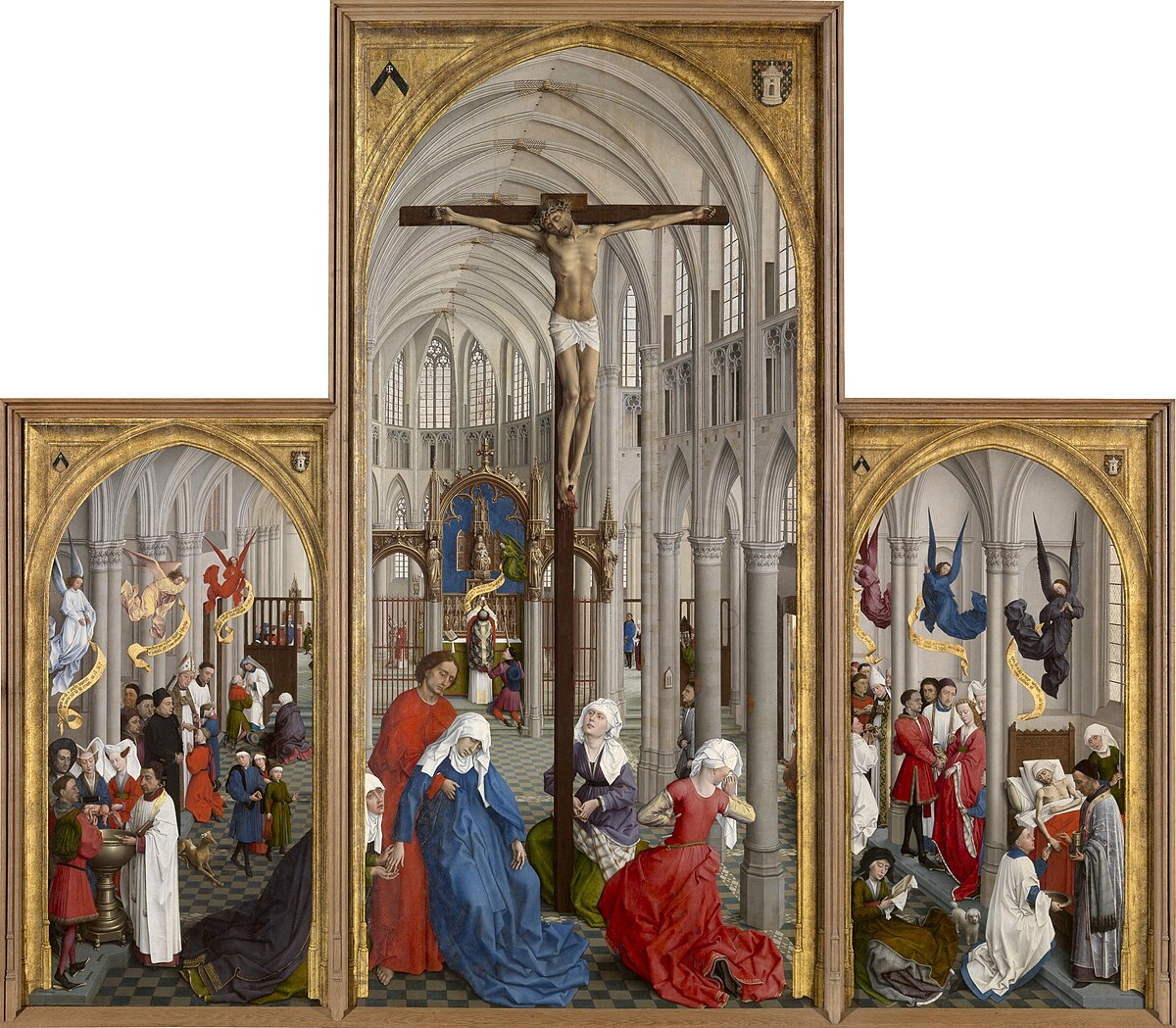Emerikol
Legend
"we". Some of you. The problem is the game seems to cater to the crowd who can't stand anything bad happening to them. It's why so many rules have been removed and an entire OSR movement has been born in response.I think given D&D's history we've found that the "losing your powers" doesn't work and leads to negative play experiences. It's why Paladins were such a mocked class through to the end of 3.5 - and deserves to stay on the "things we used to do" list with Descending AC and XP for GP.
Personally, I haven't had many problems with people playing clerics. But I will admit my cleric players have really been into playing the class. They become enmeshed in the religious world of my campaign setting. It's a lot of fun when done well.



